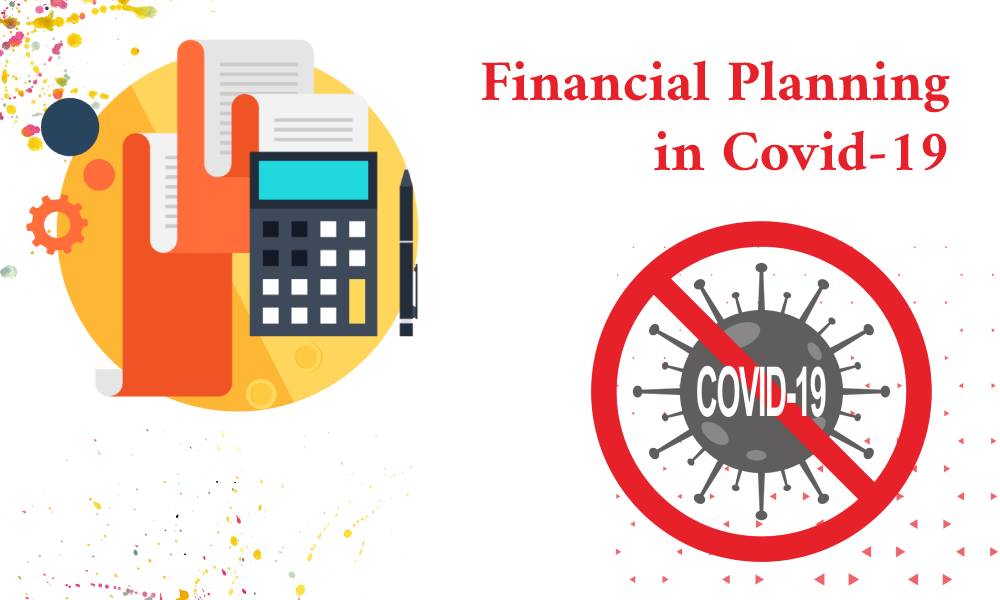Financial planning is a very crucial step that every breadwinner must put into his or her habit. Even big firms and organizations undertake such planning to efficiently manage their monetary resources and make it grow. Financial planning involves listing financial goals, curation of strategies to achieve these goals and avoiding debts. Therefore, a well-structured plan will overcome an individual’s crisis and help him or her to be financially stable. Here are some essential components to have a secure financial future:-
- Planning Financial Goals- Setting definite, attainable financial goals is the basis of every financial strategy. These objectives may be short-term, like eliminating debt, or long-term, like setting up money for retirement or purchasing a home. Setting straightforward, measurable, and time-bound goals enables both individuals and businesses to concentrate their efforts and monitor their progress.
- Debt Management- Debt management is an essential component of financial planning. It involves understanding the various debt types and their interest rates as well as creating plans for effectively repaying them. Reducing debt with a high interest rate can free up funds for investing and saving. You can also cut down your wants to avoid debts in the near future.
- Management of Expenses via Budgeting- A vital part of financial planning is developing a budget. In order to make sure the earnings exceeds expenses, it involves keeping track of income, organising expenses, and monitoring spending. A well-maintained budget allows for intelligent choices regarding saving and investing and offers an overall view of one’s financial situation.
- Plans Related to Saving and Investing- Building money over time involves both saving and investing. A plan for regular savings and wise investment choices should be part of financial planning. Diversifying investments across different asset types may control risk and maximize profits.
- Tax Planning- The reduction of tax burdens is a crucial component of financial planning. Making tax-efficient investment decisions, understanding tax deductions and credits, and using tax-advantaged accounts are a few possible strategies. Planning your taxes may have a big influence on your overall financial situation.
- Proper Insurance- Risk management in financial planning includes insurance as an important component. It provides a range of protections, including health, life, house, and vehicle insurance. The intention is to safeguard against unforeseen financial calamities that may otherwise drain savings or assets.
- Periodic Review and Alteration- Financial planning is a continuous activity rather than a one-time affair. It is essential to frequently evaluate and modify the plan to account for changes in one’s personal situation, financial objectives, and economic situations. The secret to a good financial strategy is flexibility.
- Emergency Funds- An emergency fund should be created as part of your financial preparation. This fund serves as a safety net, helping to pay for unforeseen costs such as medical bills or car maintenance. Typically, financial professionals advise saving three to six months’ worth of living costs in an account that is simple to access.
Individuals and organisations may take charge of their money, protect their financial future, and work towards attaining their financial objectives with the help of a well-structured financial plan. Individuals and entities may successfully and confidently manage the complexity of the financial world by understanding and putting these components into practice.






